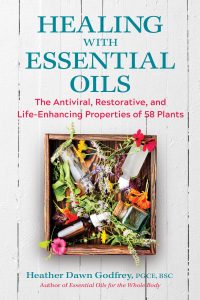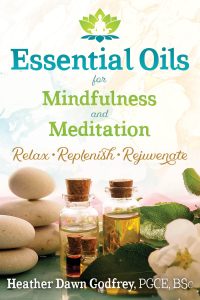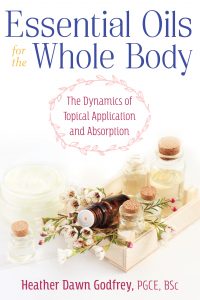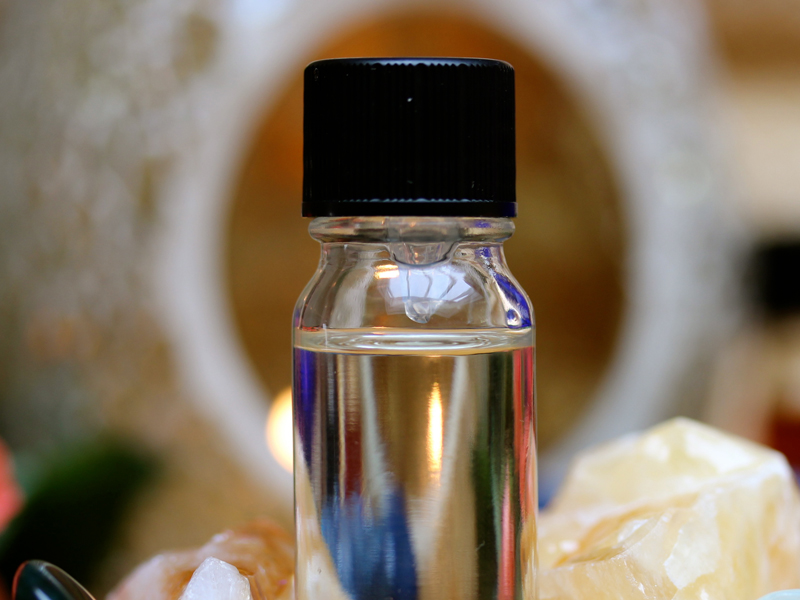- info@aromantique.co.uk
- 07419 777 451
Non-toxic, non-irritant, possible sensitisation in some individuals. While Tea Tree can be applied neat (one of the exceptions, along with Lavender) to the skin for minor infections, insect bites, spots and acne, use in moderation for short periods of time only. Do not take internally / ingest. Purchase from a reputable supplier who will vouch for the authenticity and 100% purity of their Tea Tree oil. Tea Tree essential oil trade is lucrative (sales are anticipated to reach $62 million dollars by the end of 2025). To ‘cash in’, unscrupulous suppliers are known to adulterate this oil with other essential oils, for example, pine, eucalyptus and hashishene oil, and/or synthetically derived molecules, to bulk the oil out and increase profit. Adulterated tea tree oil is more likely to be irritant and/or sensitising.
Tea Tree is famously native to Australia, and flourishes in moist, low lying, swampy areas around Northern New South wales, and Southern Queensland. It is a shrub or small tree, with green to dark-green coloured ovate or lanceolite shaped leaves, and white to yellow, or greenish to pink or red flowers bundled tightly on central stamens. The bark is often flaky.
The essential oil is steam distilled from the leaves and terminal twigs and branches, and is clear to pale yellow or yellowy-green tinted in appearance.
Tea tree is highly anti-microbial, anti-fungal, and is an excellent antidote for respiratory conditions, and infections in general. It stimulates and supports the immune system.
Tea tree eases nervous exhaustion and shock, and is revitalising, among other qualities.
Energetic qualities
Predominantly Metal, but also Fire. Predominantly Yin, but also Yang
You will find deeper detail about this essential oil in Heathers award-winning books Healing with Essential Oils, Essential Oils for Mindfulness and Meditation, and Essential Oils for the Whole Body



